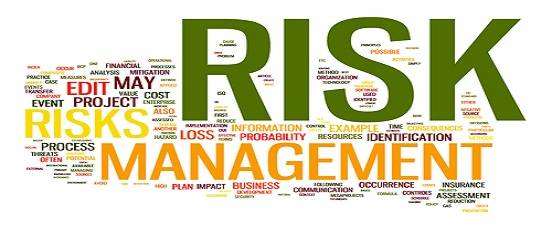In recent years, the concept of sustainability has transcended its status as a mere buzzword and evolved into a critical business imperative. As brians club the global community grapples with the pressing challenges of climate change and environmental degradation, businesses are increasingly recognizing the need to embrace sustainability as a core principle. This paradigm shift has given rise to what is now known as the green economy—a model that seeks to harmonize economic growth with environmental responsibility.
The Business Case for Sustainability
- Risk Mitigation and Resilience
One of the primary drivers behind the adoption of sustainability practices is the imperative to mitigate risks associated with climate change and resource depletion. Businesses are recognizing that environmental disruptions, such as extreme weather events and resource scarcity, pose significant threats to their operations. By integrating sustainable practices, companies can enhance their resilience to these risks and ensure the continuity of their operations in the face of environmental challenges.
- Regulatory Compliance and Market Access
Governments worldwide are tightening regulations aimed at curbing environmental harm. Embracing sustainability not only ensures compliance with these regulations but also opens doors to new markets. Many consumers today are actively seeking products and services from environmentally responsible companies. Therefore, adopting sustainable practices can provide a competitive edge and facilitate market access for businesses looking to appeal to an environmentally conscious consumer base.
The Triple Bottom Line: People, Planet, and Profit
- Environmental Stewardship
The green economy operates on the principle of the triple bottom line, emphasizing the interconnectedness of social, environmental, and economic factors. Companies are recognizing the need to act as stewards of the environment, reducing their ecological footprint and actively contributing to conservation efforts. From adopting renewable energy sources to implementing waste reduction initiatives, businesses are aligning their operations with the goal of preserving the planet for future generations.
- Social Responsibility and Ethical Practices
Beyond environmental considerations, sustainability also encompasses social responsibility and ethical business practices. Consumers are increasingly demanding transparency and accountability from companies regarding their social and ethical commitments. Businesses that prioritize fair labor practices, diversity and inclusion, and community engagement not only contribute to societal well-being but also enhance their brand reputation, fostering customer loyalty in the process.
Innovations Driving the Green Economy
- Technological Advancements
In the pursuit of sustainability, businesses are leveraging technological advancements to develop innovative solutions. From renewable energy technologies to sustainable supply chain management systems, technology plays a pivotal role in driving the green economy forward. Companies investing in research and development to create eco-friendly products and services are not only contributing to environmental preservation but are also positioning themselves as industry leaders in a rapidly evolving market.
- Circular Economy Principles
The traditional linear economic model of “take, make, dispose” is being replaced by the concept of the circular economy. Companies are adopting circular principles, emphasizing product durability, recyclability, and the reduction of waste. By embracing a circular approach, businesses can minimize their environmental impact, conserve resources, and create a closed-loop system that fosters sustainability throughout the product lifecycle.
Overcoming Challenges on the Path to Sustainability
- Financial Considerations
While the benefits of sustainability are clear, businesses often face financial challenges in transitioning to greener practices. Initial investments in sustainable technologies and practices may seem daunting, but companies are increasingly recognizing the long-term financial gains associated with reduced energy costs, improved operational efficiency, and enhanced brand value.
- Supply Chain Complexity
Global supply chains present a complex challenge for businesses aiming to ensure sustainability throughout their operations. Companies are addressing this by scrutinizing their supply chains, working closely with suppliers to promote ethical and environmentally responsible practices, and exploring local sourcing options to reduce the carbon footprint associated with transportation.
Conclusion
In conclusion, the green economy is not just a trend but a necessity for businesses navigating the complexities of the 21st century. The briansclub cm intertwining of economic prosperity, environmental preservation, and social responsibility is at the heart of sustainability as a business imperative. By recognizing the inherent interconnectedness of the triple bottom line and embracing innovative solutions, companies can not only thrive in a rapidly changing market but also contribute to a more sustainable and resilient global economy. As we move forward, the green economy stands as a testament to the transformative power of businesses committed to balancing profit with the well-being of the planet and its inhabitants.





